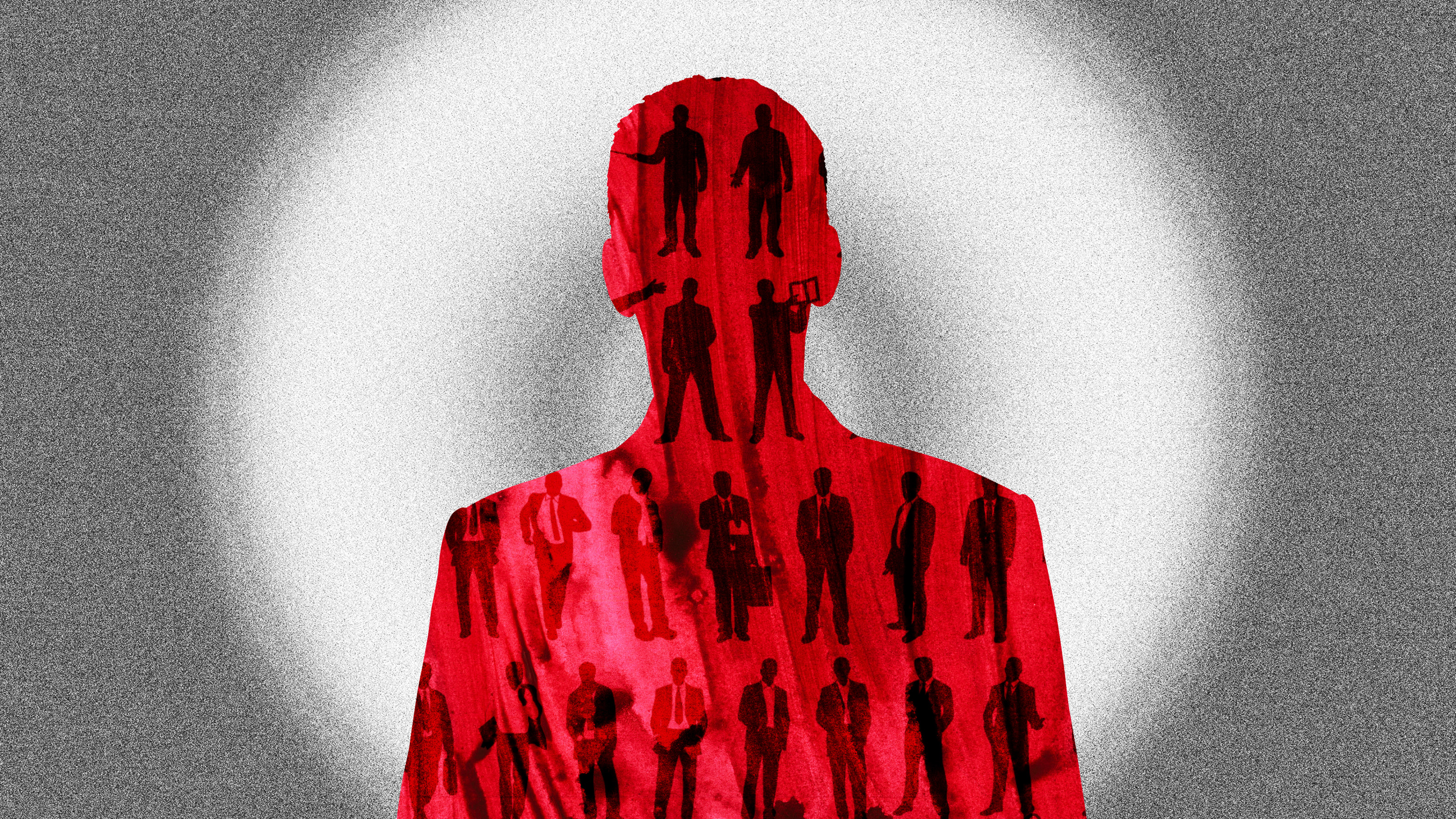Psychopaths can’t tell when people fake distress, Australian researchers say

Photo: "Psycho" via Universal Studios
Psychopaths have little trouble recognizing when people are happy or angry based on their facial expressions. But they seem to have a much harder time recognizing the emotion of distress, according to new research from the Australian National University.
“For most people, if we see someone who is genuinely upset, you feel bad for them and it motivates you to help them,” said lead study author Amy Dawel of the ANU Research School of Psychology. “People who are very high on the psychopathy spectrum don’t show this response.”
The study, published in Personality Disorders: Theory, Research, and Treatment, involved 140 participants who examined photographs of faces expressing various emotions. Some emotions were faked, some genuine.
The results showed that people high in psychopathic traits—like callousness, shallow affect and poor empathy—were less able to tell when someone was faking the emotion of distress.
“We found people with high levels of psychopathic traits don’t feel any worse for someone who is genuinely upset than someone who is faking it,” Dawel said. “They also seem to have problems telling if the upset is real or fake. As a result, they are not nearly as willing to help someone who is expressing genuine distress as most people are.”
However, this handicap among people with psychopathic traits only seems affect their recognition of distress, including the emotions sadness and fear.
“For other emotions such as anger, disgust, and happy, high psychopathy individuals had no problems telling if someone was faking it. The results were very specific to expressions of distress.”
Dawel hopes her research can help in the development of treatments for psychopathy.
“There seems to be a genetic contribution to these traits, we see the start of them quite early in childhood,” she said. “Understanding exactly what is going wrong with emotions in psychopathy will help us to identify these problems early and hopefully intervene in ways that promote moral development.”
Over the past few decades, psychopathy has moved from being commonly thought of as binary—you have it or you don’t—toward being a condition that exists on a spectrum. That’s mainly thanks to a checklist of psychopathic traits, now called the Hare Psychopathy Checklist-Revised, developed by the psychologist Robert D. Hare.
Although the checklist has been met with some criticism over the years, notably in Jon Ronson’s book The Psychopath Test, it’s often used in psychological studies, like the recent one, to measure psychopathy. To do so, a mental health professional rates an individual on 20 criteria using a scale of 0 to 2 points. You can see the criteria below:
- Do you exhibit glib and superficial charm?
- Do you have a grandiose (exaggeratedly high) estimation of self?
- Do you have a constant need for stimulation?
- Are you a pathological liar?
- Are you cunning and manipulative?
- Do you have lack of remorse or guilt?
- Do you have shallow affect (superficial emotional responsiveness)?
- Are you callous, and do you lack empathy?
- Do you have a parasitic lifestyle?
- Do you have poor behavioral controls?
- Are you sexually promiscuous?
- Did you display early behavior problems?
- Do you lack realistic long-term goals?
- Are you overly impulsive?
- Are you irresponsible?
- Do you fail to accept responsibility for your own actions?
- Have you had many short-term marital relationships?
- Do you have a history of juvenile delinquency?
- Have you experienced a revocation of conditional release?
- Do you display criminal versatility?
The maximum score is 40, and a score of 30 or above is typically classified as psychopathic. Hare estimates that about 1 percent of the population is psychopathic. Interestingly, most psychologists estimate that psychopathy is more prevalent among CEOs, and much more prevalent among prisoners.





